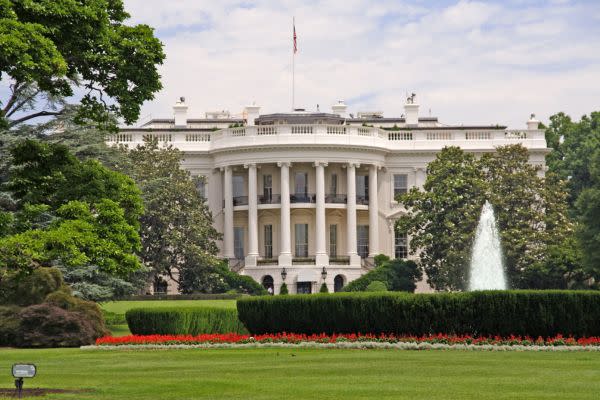Sicangu Lakota Treaty Council Attending White House Summit on Building Climate Resilient Communities

The Sicangu Lakota Treaty Council will participate in the Biden Administration’s first-ever White House Summit on Building Climate Resilient Communities.
The Summit will explore effective climate resilience strategies that aim to help build communities that are resilient to the effects of climate change.
Participants will develop a roadmap for the administration’s National Climate Resilience Framework, which lays out objectives to align with investments to protect communities from the effects of climate change. The administration will also award more than $500 million in dedicated funding for new actions for climate resilience.
Phil Two Eagle, Executive Director of the Sicangu Lakota Treaty Council, was invited to attend the Summit based on his climate leadership convening the Lakota Nation to develop adaptation plans that help them respond to environmental changes.
“The Oceti Sakowin Oyate (the People of the Seven Council Fires) have thrived across a large portion of North America for millennia. Our livelihoods have depended on the care and wise management of the land, and many of us carry these values with us to this day,” Two Eagle said in a statement. “It is natural that we mobilize our community to address the changing climate for the benefit of our people, and all our relations.”
The Lakota Nation is taking action to address climate issues, building a climate monitoring and data center. Their capacity to fully respond to climate emergencies has been limited by the federal government’s continued violation of treaty rights.
A recent example of treaty violations that have reduced the Lakota capacity to address climate change is that of the Dakota Access Pipeline. This pipeline cuts through treaty lands and puts local communities and their scarce water resources at risk.
“The pipeline is only one example among many that illustrate why the Oceti Sakowin requires
the fulfillment of our treaty rights and complete sovereignty of our territory,” Two Eagle explained in the press release. “When empires occupy a place, they do not care for it because they do not live there. They exploit it and the people who dwell there. But because this land is our home, we care for it.”
About the Author: "Native News Online is one of the most-read publications covering Indian Country and the news that matters to American Indians, Alaska Natives and other Indigenous people. Reach out to us at editor@nativenewsonline.net. "
Contact: news@nativenewsonline.net
